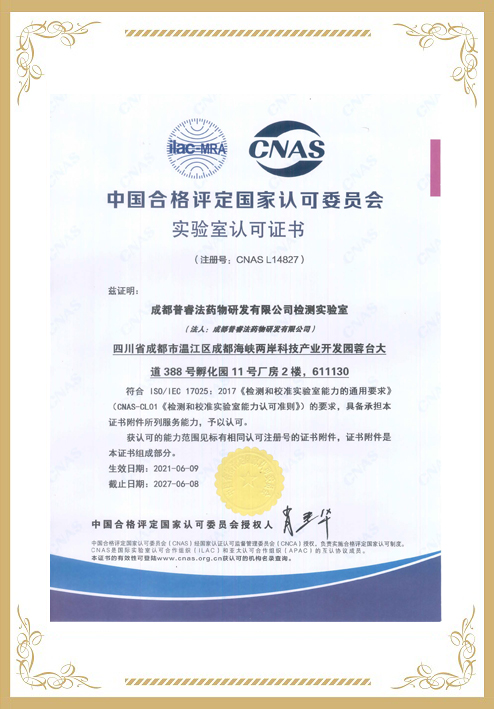Abstract
Ethnopharmacological relevance
Ulcerative colitis (UC) is a chronic inflammatory bowel condition that is frequently related with Spleen-Kidney Yang Deficiency Syndrome (SKYD) in Chinese medicine. Fuzi Lizhong Pill (FLZP), a traditional medicine for SKYD, has been utilized in China for generations, although the exact mechanism by which it treats UC is unknown.
Aim of the study
The goal of this study is to further understand FLZP's therapeutic mechanism in SKYD-associated UC.
Materials and methods
To investigate the impact of FLZP on SKYD-associated UC, we used a comprehensive method that included serum metabolomics and gut microbiota profiling. The chemical composition of FLZP was determined using mass spectrometry. UC rats with SKYD were induced and treated with FLZP. Serum metabolomics and 16S rRNA microbial community analysis were used to evaluate FLZP's effects on endogenous metabolites and gut microbiota, respectively. Correlation analysis investigated the association between metabolites and intestinal flora. A metabolic pathway analysis was undertaken to discover putative FLZP action mechanisms.
Results
FLZP contains 109 components, including liquiritin (584.8176 μg/g), benzoylaconine (16.3087 μg/g), benzoylhypaconine (31.9583), and hypaconitine (8.1160 μg/g). FLZP predominantly regulated seven metabolites and eight metabolic pathways involved in amino acid and nucleotide metabolism, with an emphasis on energy metabolism and gastrointestinal digestion. FLZP also influenced intestinal flora variety, increasing probiotic abundance while decreasing pathogenic bacteria prevalence. An integrated investigation identified associations between changes in certain gut flora and energy metabolism, specifically the tricarboxylic acid (TCA) cycle.
Conclusions
FLZP successfully cures UC in SKYD rats by regulating amino acid and energy metabolism. Its positive effects may include altering microbiota composition and metabolite profiles in UC rats with SKYD. These findings shed light on FLZP's mode of action and its implications for UC management.























